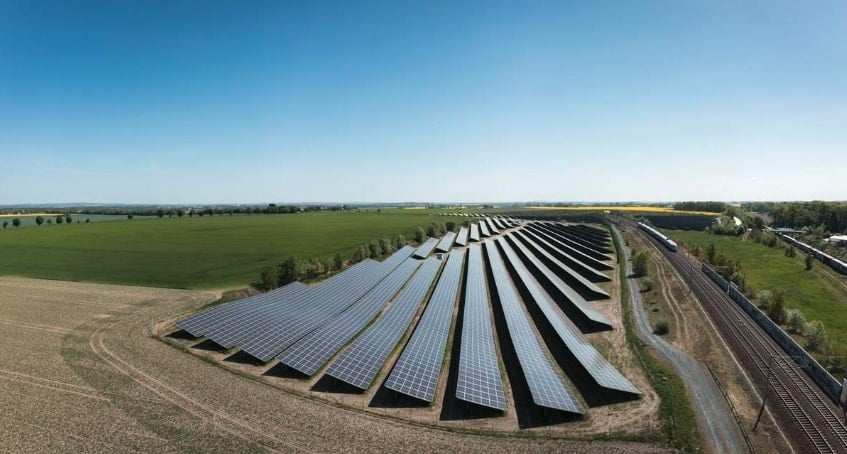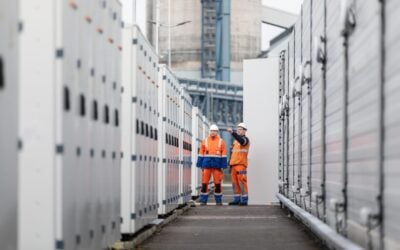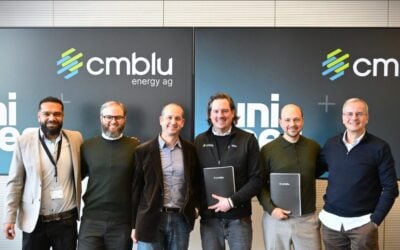
Energy storage could save taxpayers in Germany some €3 billion (US$3.3 billion) in subsidies for renewable energy assets by 2037, simply by increasing demand in the wholesale electricity market.
That is according to a new report produced by consultancy Global Experts Energy Consulting (GEEC) for German developer and system integrator Eco Stor.
The nearly 50GW of battery storage that could be online by 2037 will increase the wholesale market revenues for wind and solar assets and thereby reduce the amount of subsidies payed to those assets out of general taxation through the EEG (Erneuerbare-Energien-Gesetz/Renewable Energy Sources Act) scheme, which is similar to the UK’s contracts for difference (CfD).
The EEG scheme guarantees renewable energy assets a minimum price for their power, currently around 6-8 euro cents per kWh. If the wholesale electricity market price ends up being lower, the difference is covered from general taxation, and the amount paid will be over €10 billion 2024 according to Germany’s transmission system operators (TSOs).
Try Premium for just $1
- Full premium access for the first month at only $1
- Converts to an annual rate after 30 days unless cancelled
- Cancel anytime during the trial period
Premium Benefits
- Expert industry analysis and interviews
- Digital access to PV Tech Power journal
- Exclusive event discounts
Or get the full Premium subscription right away
Or continue reading this article for free
By increasing demand during settling periods in wholesale electricity market trading, energy storage will increase the prices that renewable energy assets like wind and solar receive for their power, reducing the gap between that price and the EEG minimum price, Eco Stor managing director Georg Gallmetzer explained to Energy-Storage.news.
The mechanics of this are based on the ‘merit order’ principle of electricity markets, which applies in Germany. All demand and supply of power is aggregated and ordered based on price. The cheap generators are in the front of the order queue and the more expensive ones in the back. The last asset that is needed to cover all the demand sets the price for everyone, and any suppliers after that fall out of the market.
“If you have 50GW of batteries in the market by 2037 as forecasted that will impact the price, and that will mean the EEG account is better filled as the gap becomes smaller,” Gallmetzer said.
The report, available in German only, is called ‘Influence of battery expansion on the funding needs for renewable energies’ (Einfluss von Batterieausbaupfaden auf den Förderbedarf Erneuerbarer Energien).
The residential and commercial energy storage market in Germany is Europe’s leading by some way, thanks to subsidies for small-scale solar installations driving demand for energy storage to increase self-consumption.
The country’s grid-scale market has also started to pick up in the past few years, thanks to various factors explored in an edition of Solar Media’s quarterly journal PV Tech Power last year.
In the past fortnight developer Kyon Energy claimed the “largest approved” battery storage project in Europe while German lawmakers extended an exemption for grid fees for battery storage systems coming online by three years, to 2029.
Energy-Storage.news’ publisher Solar Media will host the 9th annual Energy Storage Summit EU in London, 21-22 February 2024. This year it is moving to a larger venue, bringing together Europe’s leading investors, policymakers, developers, utilities, energy buyers and service providers all in one place. Visit the official site for more info.





